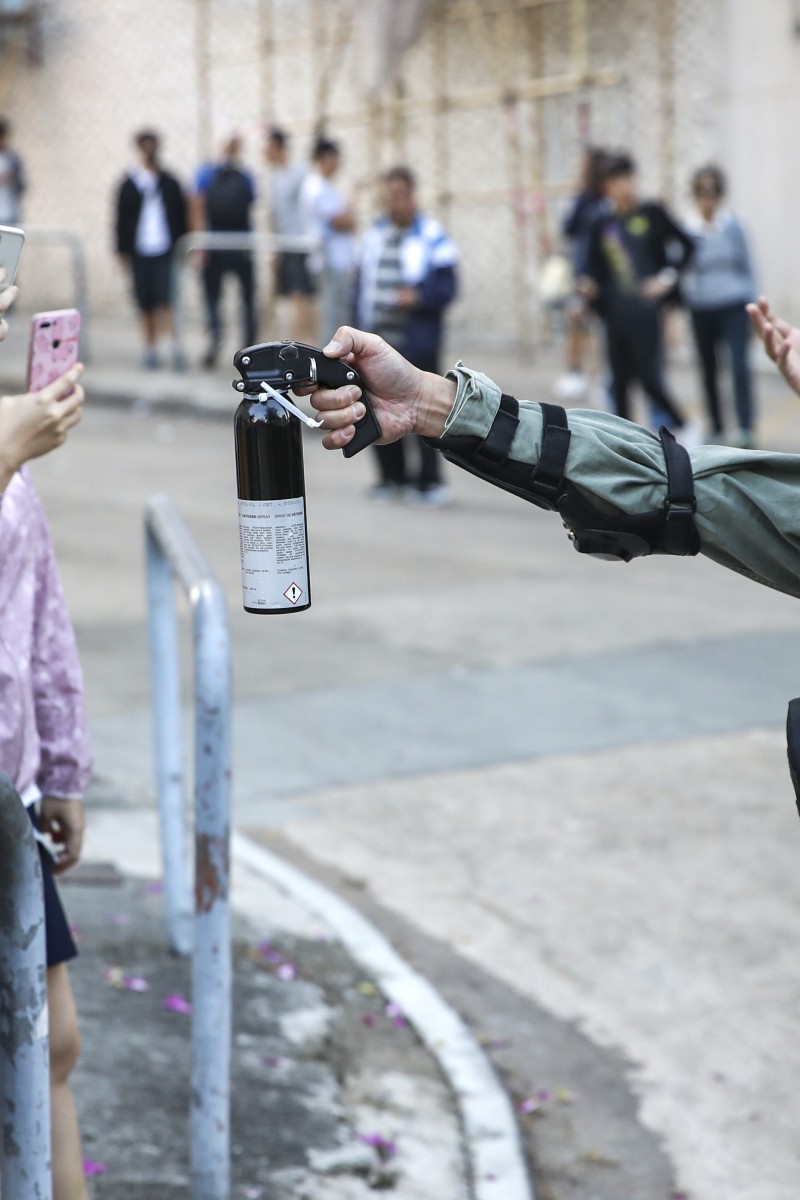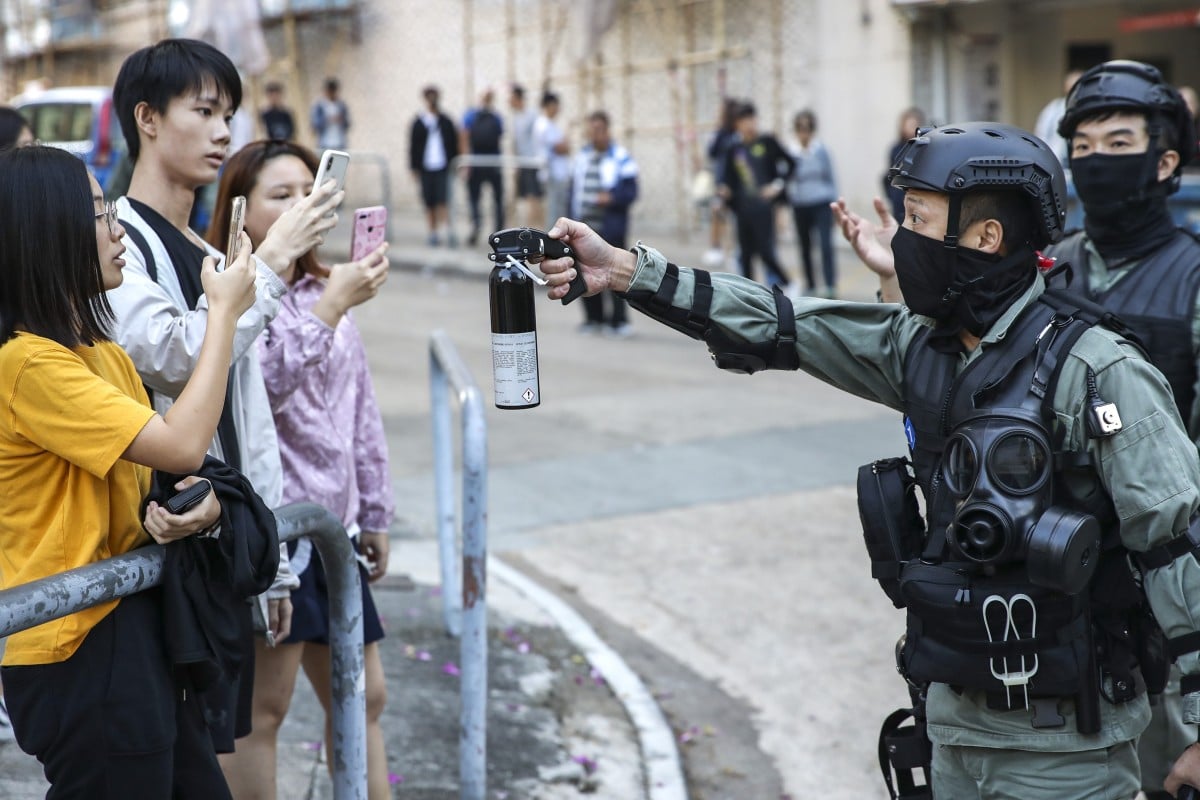
Face off: Is it reasonable that the police has been granted HK$1 billion for working overtime during protests?
Each week, two of our readers debate a hot topic in a parliamentary-style debate that doesn’t necessarily reflect their personal viewpoint. This week …
 The ongoing protests have forced some officers to work overtime and with it, overtime pay is needed.
The ongoing protests have forced some officers to work overtime and with it, overtime pay is needed. Charlotte Fong, 17, International Christian School
Since the anti-extradition bill protests started last June, the Hong Kong police have had to risk their lives to quell the unrest. Given that they are working long hours under difficult conditions, it is perfectly reasonable that they are paid overtime. Every employee deserves to be rewarded for their hard work, and the police are no different, regardless of claims of misconduct.
There have been massive pro-democracy rallies nearly every week since last summer. And they usually end with the police and protesters fighting on the streets until the early hours of the morning. Yes, the police have come under severe criticism for their handling of the ongoing protests. But protesters have also become increasingly violent, as they vandalise public property and throw petrol bombs at the officers.
There have been several reports of officers being beaten up by protesters, highlighting the difficulties faced by the police. In normal circumstances, local police rarely face life-threatening situations, but things are completely different now. As such, they deserve to be compensated.
The Hong Kong police are following government orders to maintain law and order in the city. But some officers say the extra money is not worth the extreme physical and mental exhaustion they have suffered. They often work 36-hour shifts and are forced to miss important family gatherings.
Paying the police for working overtime is by no means an approval of any excessive action against the protesters; it’s simply recognition of their hard work and effort.
The public have a right to criticise the police for their alleged brutality, but every officer deserves to be paid for the extra work they put in. They didn’t get the money by cheating.
Face off: Should university education be free?
Zachary Perez Jones, 15, South Island School
Hong Kong police have been paid excessive amounts of overtime since the protests started seven months ago. Officers are paid such large amounts that they may be discouraged from trying to sort out social issues in a productive manner.
According to a SCMP report, about 11,000 officers – one-third of the police force – were granted a “disciplined services overtime allowance”. This means each of those officers received an average of HK$14,394 a month in overtime pay since last June. This is a substantial amount considering that police constables are paid between HK$24,110 and HK$38,580 a month.
It would make more sense to spread the work around and reduce overtime payments.
What’s more, police have been accused of using excessive force against protesters. So should we reward them for their conduct with more money? This would only show the police that nobody is willing to take any action against them. They should be held responsible for the escalation of the crisis.
Making officers work longer hours for more pay is also a very risky strategy. It means they are under increased pressure and therefore very likely to make bad decisions.
Hong Kong is now in a recession, so the government should be doing its best to cut costs. Experts say the economic situation will worsen so it’s a good time for authorities to think about cutting overtime pay for police officers and using the money for more worthwhile causes.